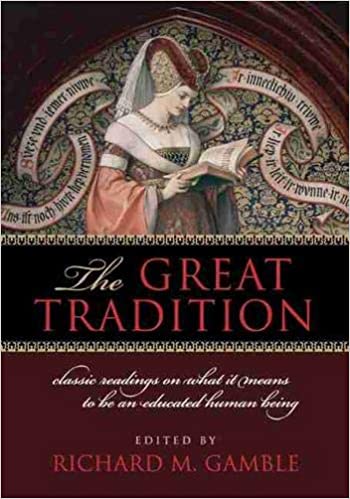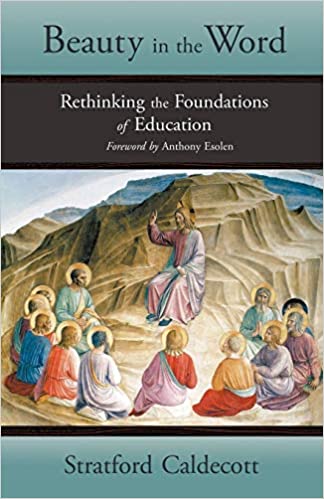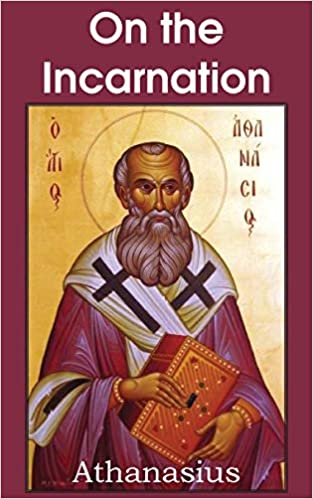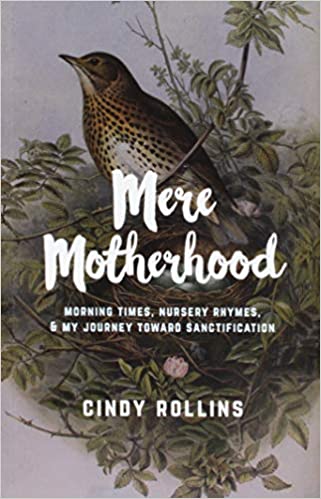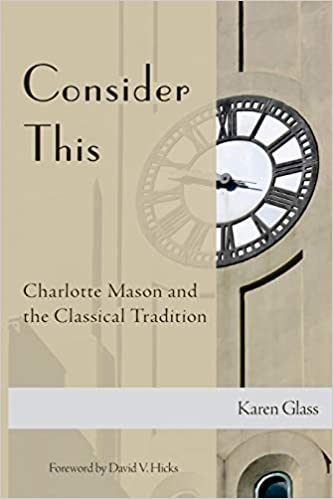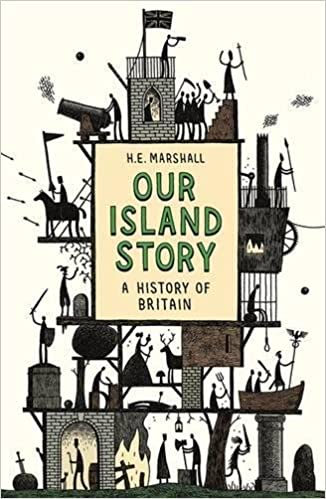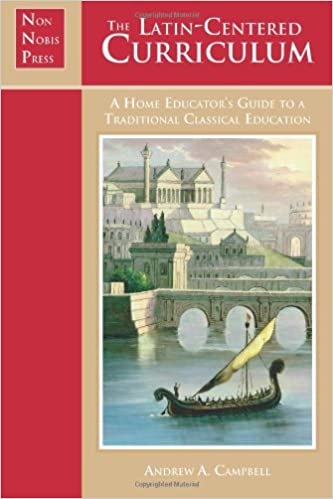The Great Tradition: Classic Readings on What It Means to Be an Educated Human Being
Frustrated with the continuing educational crisis of our time, concerned parents, teachers, and students sense that true reform requires more than innovative classroom technology, standardized tests, or skills training. An older tradition—the Great Tradition—of education in the West is waiting to be heard. Since antiquity, the Great Tradition has defined education first and foremost as the hard work of rightly ordering the human soul, helping it to love what it ought to love, and helping it to know itself and its maker. In the classical and Christian tradition, the formation of the soul in wisdom, virtue, and eloquence took precedence over all else, including instrumental training aimed at the inculcation of "useful" knowledge.
Edited by historian Richard Gamble, this anthology reconstructs a centuries-long conversation about the goals, conditions, and ultimate value of true education. Spanning more than two millennia, from the ancient Greeks to contemporary writers, it includes substantial excerpts from more than sixty seminal writings on education. Represented here are the wisdom and insight of such figures as Xenophon, Plato, Aristotle, Seneca, Cicero, Basil, Augustine, Hugh of St. Victor, Bonaventure, Thomas Aquinas, Martin Luther, John Calvin, Erasmus, Edmund Burke, John Henry Newman, Thomas Arnold, Albert Jay Nock, Dorothy Sayers, C. S. Lewis, and Eric Voegelin.
More info →Beauty in the Word: Rethinking the Foundations of Education
What is a good education? What is it for? To answer these questions, Stratford Caldecott shines a fresh light on the three arts of language, in a marvelous recasting of the Trivium whereby Grammar, Dialectic, and Rhetoric are explored as Remembering, Thinking, and Communicating. These are the foundational steps every student must take towards conversion of heart and mind, so that a Catholic Faith can be lived out in unabashed pursuit of the True, the Good, and the Beautiful. Beauty in the Word is a unique contribution to bringing these bountiful aspects of the Real back to the center of learning, where they rightfully belong. If your concern is for the true meaning of education for your children, here is the place to begin.
More info →Athanasius: On the Incarnation
When I first opened his De Incarnatione I soon discovered by a very simple test that I was reading a masterpiece. I knew very little Christian Greek except that of the New Testament and I had expected difficulties. To my astonishment I found it almost as easy as Xenophon; and only a master mind could, in the fourth century, have written so deeply on such a subject with such classical simplicity. Every page I read confirmed this impression. I do not think the reader will find here any of that sawdusty quality which is so common in modern renderings from the ancient languages. That is as much as the English reader will notice; those who compare the version with the original will be able to estimate how much wit and talent is presupposed in such a choice, for example, as "these wiseacres" on the very first page. C. S. LEWIS
More info →Mere Motherhood: Morning Times, Nursery Rhymes, and My Journey Toward Sanctification
It was back in the 1980's when Cindy Rollins, then a new mom in search of the best ways to teach her baby son, first heard about homeschooling. Thirty years and nine children later, Cindy has become a popular blogger, podcaster, and award-winning teacher. This is her story. It's a story of big families and cross-country moves and small-town living. It's about great books and morning times and nursery rhymes. It's the story of a dedicated mother's journey toward the Truth and the family she brought along with her.
More info →Consider This: Charlotte Mason and the Classical Tradition
The educators of ancient Greece and Rome gave the world a vision of what education should be. The medieval and Renaissance teachers valued their insights and lofty goals. Christian educators such as Augustine, Erasmus, Milton, and Comenius drew from the teaching of Plato, Aristotle, and Quintilian those truths which they found universal and potent. Charlotte Mason developed her own philosophy of education from the riches of the past, not accidentally but purposefully. She and the other founding members of the Parents’ National Educational Union in England were inspired by the classical educators of history and set out to achieve their vision in modern education. They succeeded—and thanks to Charlotte Mason’s clear development of methods to realize the classical ideals, we can partake of the classical tradition as well.
More info →Our Island Story
Some of today’s greatest historians, including Antonia Fraser, found lifelong inspiration in H. E. Marshall’s classic. First published in 1905, it combines truth and legend to create a lively narrative history of England from the Roman era until Queen Victoria’s death. And this new illustrated edition, featuring vivid color art, is attractive and appealing. Every tale will capture the imagination of children and adults alike, including the myth of Albion and Brutus, in which the Roman gods first see the scept’rd isle; the founding of King Arthur’s Round Table; the Battle of Hastings, and the story of Bonnie Prince Charlie.
More info →The Latin-Centered Curriculum
From Cicero to C. S. Lewis, from Thomas Aquinas to Thomas Jefferson, the great minds of the West have been formed by a classical curriculum centered on Latin and Greek. Now you can give your children a traditional classical education at home with The Latin-Centered Curriculum. In a clear and readable introduction, The Latin Centered Curriculum surveys the history of classical education from the ancient Greeks through the 20th-century neoclassical revival. He demonstrates the central position of Latin in the traditional course of study and outlines the many benefits of placing the classical languages at the heart of the curriculum. Then he shares with you the secret of a superior education: multum non multa- not quantity, but quality. With helpful charts and detailed explanations, The Latin-Centered Curriculum guides you step by step with book and curriculum recommendations for each school subject from K-12. It shows you how focusing a few core disciplines-classical languages, mathematics, and composition-can revolutionize your home school. The best education is simple but deep.
More info →
